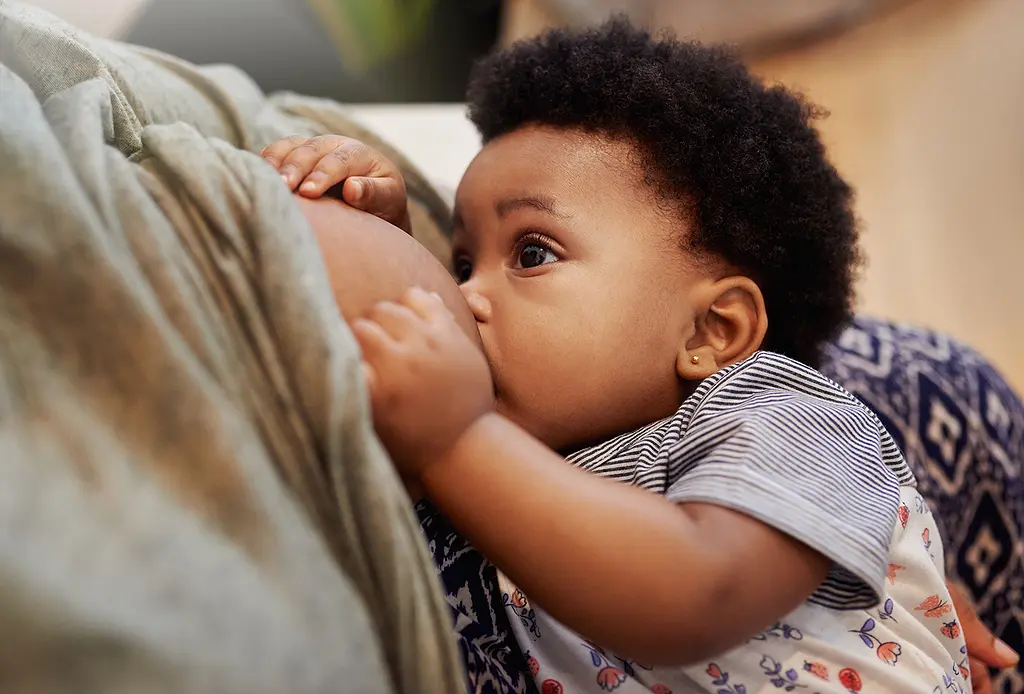
August is National Breastfeeding Month, a time to bring attention to the benefits of breastfeeding and the well-being of breastfeeding parents and their children.
In many countries within the global south, it is common for breastfeeding to continue for several years. These high-parity countries where extended breastfeeding is the norm overlap considerably with those most impacted by the HIV/AIDS epidemic. Thus, breastfeeding women represent a very significant proportion of the population of women at risk of HIV in this high-prevalence area. In addition, the postpartum period may be a time of increased HIV acquisition risk for women, and infection during breastfeeding puts infants at higher risk of HIV infection. Nevertheless, breastfeeding women and their children have frequently been excluded from clinical trial research of investigational products, including HIV prevention methods, because of concerns about added risks and safety.
The Women’s Global Health Imperative (WGHI) is currently involved in addressing the gap in this research. We are implementing Microbicide Trials Network (MTN)-043/B-PROTECTED: a randomized, open label trial for HIV prevention with mothers and their infants at four clinical research sites in Malawi, South Africa, Uganda, and Zimbabwe. This trial is designed to assess the safety and drug detection of two HIV prevention products – the dapivirine vaginal ring and oral Truvada tablets – when used during breastfeeding.
WGHI is leading the sociobehavioral component of research within B-PROTECTED. Our research will explore the acceptability of these HIV prevention products; participants’ adherence to the products; and other attitudes, preferences, and experiences using the products. These topics will also be studied in relation to participants’ mental health status, including experiences of postpartum depression and its effect on HIV prevention efforts. WGHI has trained local collaborating staff at each of the four clinical research sites to administer behavioral research questionnaires to all participants during the trial, and to conduct qualitative interviews with a subset of participants near the end of their trial participation.
Our goal is to inform future HIV prevention efforts among breastfeeding women and infants. By paying close attention to these mothers’ stories, we can ensure that their experiences are taken into account. The lessons learned from B-PROTECTED will contribute to the safety and health of some of the world’s most vulnerable women and children.

